|
Being a spiritual companion is rewarding in part because it is difficult. It requires that we give of ourselves and our own resources to be present to others. This is especially challenging when the person sitting across from us is suffering. Part of being a good spiritual director is making sure that we are replenishing those personal resources on a regular basis. Self-care should be a routine that is built into our lives for the sake of our own mental, physical, emotional, and spiritual health. These habits might include seeing our own spiritual director or therapist, eating nourishing meals, meditation and prayer, taking walks, developing a journaling or gratitude practice, or practicing yoga. Establishing these rhythms ideally allows us to enter a direction session grounded and ready to be open and present to whatever our directee brings that day. There is a second level of care for ourselves that we should also practice developing. We need to have techniques in place to successfully care for ourselves not only when we are alone, but also when we are in the presence of a directee whose particular suffering or story is difficult to sit with. This second level of care is especially important if we are sitting with someone who’s story is similar to ours, whether through past experiences or due to present disaster. Having methods and routines in place to allow us to care for ourselves, both in our personal lives and in the midst of our work, will help to avoid burnout or doing harm to a directee in a moment of feeling overwhelmed. This deeper level of care for self and others comes as a result of our own personal growth and continued professional development. Working through our own traumas or stressors is difficult, good work. Having a relationship with a trusted supervisor or supervisory group can also help us identify places in our own souls that need more tenderness or development. Attending conferences, trainings, and continuing to educate ourselves from the abundance of literature available will give us techniques to try and language to use. Having a multifaceted approach in our own work also helps us to be open to hearing from and partnering with other professionals in caring for ourselves and our directees. Learning to care for both ourselves and others in robust ways, often at the same time is both possible and necessary for spiritual directors. Caring for ourselves is something that we can and need to do, both when alone and when in the presence of others. “Compassion Fatigue” is a well known term that describes that potential feeling of being overwhelmed. Much of what helpers do is show compassion, however, empathy is the component of companionship that tends to be exhausting. For this reason, some researchers are beginning instead to describe the feeling of being overwhelmed in the presence of suffering, or burning out after a long season of helping, as “Empathy Fatigue.” It is empathy that connects us deeply to what another person is feeling, so much so that we feel their pain in our own bodies. Learning to allow that connection to another, even while maintaining a healthy sense that it is not actually our own distress, actually requires compassion for both directees and ourselves. This empathy connection, resonating with someone else’s pain, is what sometimes makes it difficult to remain attuned to another in the presence of their suffering. Compassion for self is what becomes needed in those moments. Deeply acknowledging the effect of the suffering of another on our own self, acknowledging how hard it can be to sit with suffering, taking deep breaths, making sure our bodies are as comfortable as possible … All of these are good ways to care for yourself while being actively present to your directee. Humans have great capacities for offering care and kindness. Learning to care for both ourselves and others in robust ways, often at the same time is both possible and necessary for spiritual directors. Caring for ourselves is something that we can and need to do, both when alone and when in the presence of others. Developing an understanding of the nuance between having empathy for someone and compassion for them (or self) is an important step on the way to building a sustainable ministry of care to those who are hurting. Further Reading:
0 Comments
Over the last several years wildfires have been increasing in their frequency and intensity. We are seeing firsthand the lasting effects these disasters have on communities and the spirits of the people in them. A fire that causes the loss of only home can be just as devastating to that family and the community around them. Getting through the fire itself is hard, but then begins the journey of rebuilding which can be just as difficult and far more tedious.
It is important in the season after a fire, regardless of its size, to take the time to care for the deep layers of the soul that are often affected. Caring for the physical body is key to health. Making arrangements to be able to sleep soundly, to eat good, nourishing food, to exercise in a way that is beneficial and soothing are all foundational to long term healing. Setting this base for care will begin to make space to process through the emotional and spiritual challenges that may arise in the days, weeks, and even months following.
Spiritual directors should be checking in on all levels of care for their directees during sessions following disasters. How are they sleeping? How are they getting food? Do they need to see a doctor? A therapist? If the body is suffering, access to the heart and spirit will be difficult, if not completely blocked off. Some directees may find it helpful to take a walk during sessions in this season, while others will need a safe space to sit quietly. Flexibility, hospitality, and generous nurture are musts for directors who are companioning people who have been through a natural disaster. Now is no time for asceticism or rigidity in disciplines. Please review our suggestions for items and tools to have on hand during direction with those who have been traumatized. Also check out our links to helpful books and websites explaining and suggesting a variety of practices if you need a refresher on some options to give your directees.
Practices that may be helpful after a fire include:
Prayer For After A Fire: We are raw. Everything inside and out is sensitive. We are full of frenetic energy, yet fatigued beyond what we feel we can bear. We felt small and helpless. We struggle to trust our routines. We mourn the loss of family, friends, and the familiar. We have had our fill of the raging power of fire, Help us find the balance of the elements. Give us the stability of the earth, The flexibility of the wind, And the softness and repose of water. Give us courage to rebuild. Provide patience in the waiting. Remind us of the balance between the comfort of warmth and the refreshment of coolness. Soothe our frayed and fragile nerves. Give us the eyes and ears to see the needs of our neighbors. We are in need of nurture and protection, Be our Good Parent. Help us to love each other and ourselves well. Restore us to ourselves, reorient us to lasting abundance.
You can sustain this blog by becoming a monthly giver today. Thank you for your generosity!
Group spiritual direction is a wonderful and unique experience. It is a great opportunity for a number of people to come together and participate in mutual discernment, encouragement, and growth. After a trauma, particularly one that is experienced collectively by a community or congregation, group direction can provide deep healing and a needed sense of unity as those affected come together to process what has happened. Group direction functions somewhat differently than individual direction. A more definite structure is required to help the group maintain focus, to allow time for multiple individuals, and to allow space for prayerfulness and discernment. If the group has come together for the purpose of processing a collective trauma, it will be helpful to have an agreed upon structure for time together to help provide a safe container for the survivors (for example the 4x4x4 method described by Diane Millis). It will also be helpful to name the purpose for which the group is meeting. Is this group meeting in order to debrief what has happened? Meeting to grieve together? To pray for healing and a road forward? Some combination? Being sensitive to both the collective expressions as well as the individual experiences will be necessary. If the group was already established when the traumatic incident occurred, it will be worth discussing whether to change focus for a season (acknowledging that even if the group’s stated purpose does not change, the individual experiences of participants will be brought into sessions). Perhaps what was a formal meeting takes on a more informal feel for awhile, or vice versa. Perhaps the group decides to include food or even a full meal with their time as a way of building community. Discernment will also be needed to determine whether the facilitator of the group functions as a member - sharing their own experiences and processes - or functions as a container - holding space for the other members of the group. As always, as a formal spiritual director or group facilitator, having one’s own space for supervision and processing is a necessity. As the group processes what has happened collectively, there may be a variety of time and ways that grief, fear, anger, hope, and gratitude are expressed by the different people participating. It is also likely that words will often fail to express the feelings, fears, and hopes of the group members. Collective trauma, as its name implies, affects not only individuals but also the basic functioning of the group. A community - whether that is meant to describe people who live close to one another, people who share sacred spaces like a congregation, or people who meet together for other shared purposes - is something that is greater than the sum of its parts. It has a spirit of its own that can be affected by damage done to any individual component. Damage sustained by a building for example can be just as upsetting to the rhythms of daily life as damage to a person. Care can therefore be offered not only to participants but also to what the community symbolizes. The restoration of broader shared experiences or emphasis on healing traditions that foster people’s feelings of belonging and unity can help open the way for the healing of individual souls. As the group processes what has happened collectively, there may be a variety of time and ways that grief, fear, anger, hope, and gratitude are expressed by the different people participating. It is also likely that words will often fail to express the feelings, fears, and hopes of the group members. For this reason it may be helpful to rotate through different practices at different sessions, or to have several options available each time. These options may include:
Spiritual direction is a wonderful ministry to those who have experienced trauma because it can flex to meet the needs of both individuals and groups. I encourage you to learn about the uniquenesses of group direction so that this specialized form of care can be available to survivors seeking to spiritually process what has happened, together. Erin Jantz received her Master’s Degree in Spiritual Formation and Soul Care from the Institute for Spiritual Formation. She also holds a B.A. in developmental psychology and has furthered her education with trainings in trauma care from Boston University and intensives with Dr. Bessel Van Der Kolk. She has been practicing spiritual direction since 2012, helped to author ICTG's Spiritual Formation Resource Guide, and also teaches and speaks on a variety of spiritual formation topics. Erin lives in Southern California with her husband and their four marvelous children.
Facing any natural disaster can easily be an overwhelming experience. There is often a sense of complete loss of control as well as absolute loss of material possessions. With a flood there is potential for a long continued set of discoveries having to do with damage from the flooding, such as structural damage, mold, and erosion. Survivors of a flood may feel that they are swirling in questions and unknowns as they watch the waters rise and recede. How bad is the damage? Will we be able to repair it? Am I still in danger? How long will this last? Floods sometimes come and go very quickly, washing away memories and homes. And sometimes the flooded area is under water for weeks before even basic assessments can begin to be made. The language of describing flooding lends itself very well to also describing the feelings of those affected. “Drowning,” “washed away,” “torrent,” “adrift,” all may be ways that one’s directees experience their emotions. Patience and a calm presence from a spiritual director will be a great gift to those who are displaced by or recovering from flooding. Directors should also be attuned to the fact that most cultures and faith traditions have some sort of flood narrative in their collective stories or scriptures. It is possible that with floods more than other natural disasters, that individuals may have unconscious associations of the event with Divine wrath or punishment. As always, sensitivity, openness, and compassion are necessary in walking with these survivors. If you are meeting locally with people in your community then it is also likely in cases of flooding, or any widespread disaster, that you too have been affected. Be sure that you are taking the time and space to care for your own wounds in this healing period. Some practices that may be helpful for directees who have survived a flood include: -centering prayer -mindfulness or meditation -practicing gratitude -physical grounding exercises -“praying the hours” or other rhythms of worship -connecting with neighbors -volunteering A Prayer For After A Flood Oh God, the waters just kept rising. They poured down the streets and through our doors. Our feelings of agency and control have literally been washed away. Our homes and jobs are gone or put on indefinite hold. This waiting and wondering makes us weary deep in our bones. Some of us have lost material possessions. Some of us have lost beloved pets. Some of us have lost people who provided meaning in our lives. All of us have lost what we thought of as normal life. Give us the endurance to honor those losses. Pull our feet and souls out of this muck. Put us on a firm foundation. Restore us to our land and ourselves. Help us to see moments of joy and relief. Remind us of all that we are grateful for. Show us the clean start, hidden under the debris. Erin Jantz received her Master’s Degree in Spiritual Formation and Soul Care from the Institute for Spiritual Formation. She also holds a B.A. in developmental psychology and has furthered her education with trainings in trauma care from Boston University and intensives with Dr. Bessel Van Der Kolk. She has been practicing spiritual direction since 2012, helped to author ICTG's Spiritual Formation Resource Guide, and also teaches and speaks on a variety of spiritual formation topics. Erin lives in Southern California with her husband and their four marvelous children.
|
�
SPIRITUAL DIRECTION BLOG
From 2012-2020, this blog space explored expanding understanding and best practices for holistic health in the context of spiritual direction.
This website serves as a historical mark of work the Institute conducted prior to 2022. This website is no longer updated. Archives
September 2020
Categories
All
|


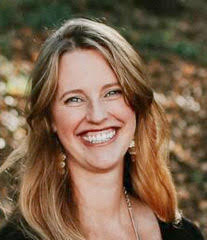
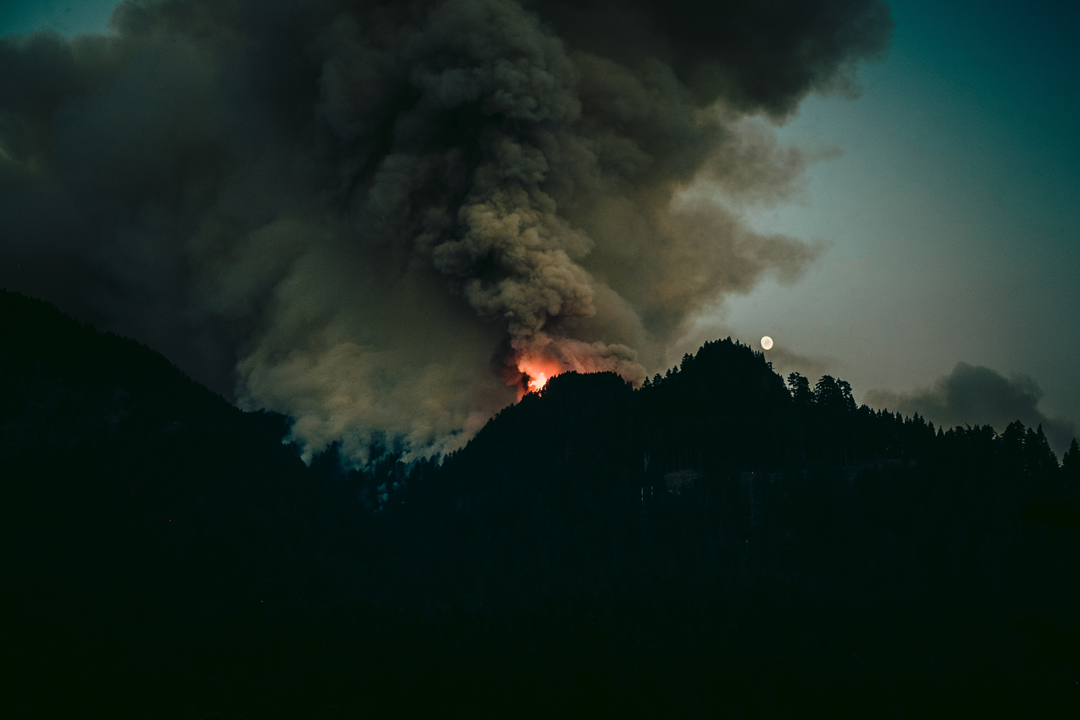
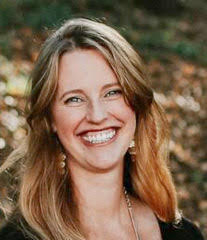
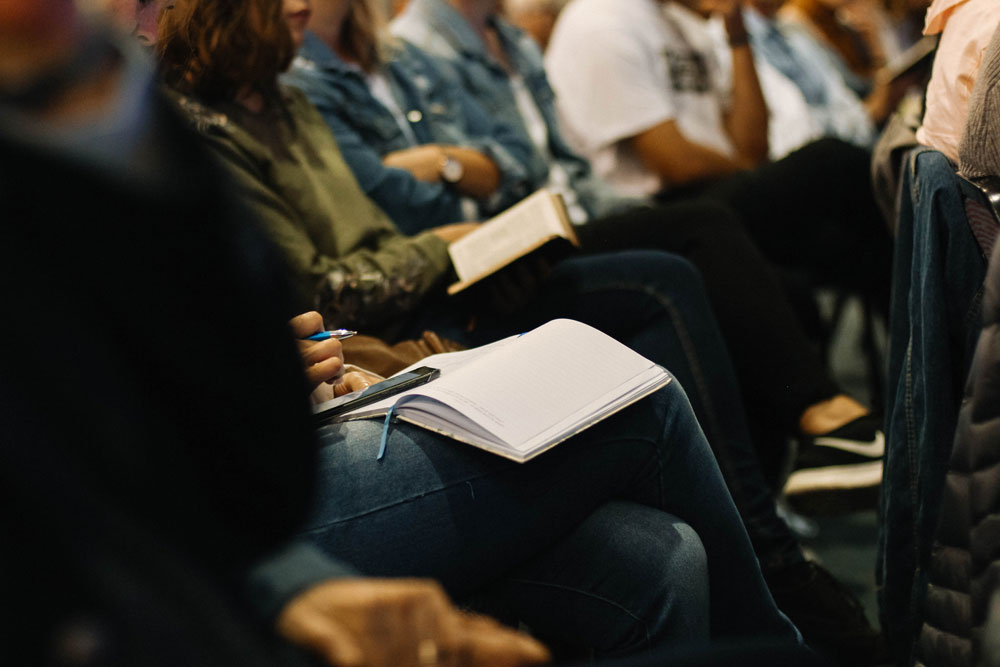
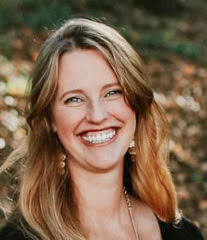


 RSS Feed
RSS Feed
